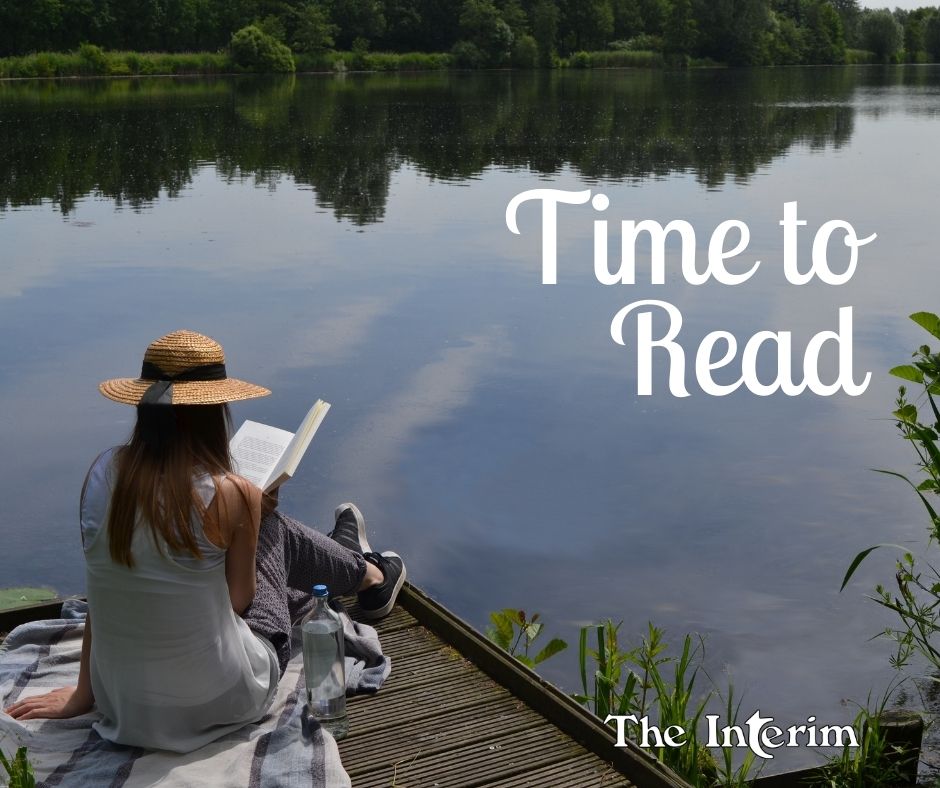
With this issue, The Interim publishes a new (seasonal) section devoted to essays, reviews, and reading recommendations for books, current and classic. But why are we inaugurating this feature, and why now? The very same media environment which makes a book section counterintuitive—the world of an incessant news cycle fueling tweets, and likes and cancellations—is what makes this new initiative so important. As never before in Canadian society, reading is a vital act of rebellion, of activism, and of hope.
Of rebellion—Because we are all being bombarded by the bread and circuses of social media. The world of online discourse is regularly discussed in terms of free speech, and the craven ways in which “Terms of Service” have supplanted human rights is, indeed, deeply distressing. But speech, on social media was never free—because it was never really speech. Facebook conflates the public with the private in a way that makes discourse impossible; Twitter confines the mind to infantile utterances that are immediately obsolete—a long thread on that platform would be a short sentence for a reader in the 19th-century. Nor have its users turned such restrains into occasions for aphorism: it is the platform, not of Oscar Wilde but AOC. To read, then, is to absent oneself from this attention-immolating cesspool: if Enlightenment, for Kant, was “daring to know,” in our age it is daring to think.
Of Activism—Because the pro-life movement in Canada needs members who have the capacity for the literate self-education that only a healthy reading habit affords. The great 20th-century public teacher, Mortimer J. Adler, described the world of books as a university composed of the best teachers who ever lived, and to which the only requirement for admission “is the ability and willingness to read.” For the price of a Netflix subscription—and in place of the hours which would be spent consuming its “content”—we can enter rich worlds of thoughtful reflection and transforming beauty. But more important than even the sustaining nourishment of philosophy and literature, we can learn, from the pages of those histories of countries that slid thoughtless into socialism and communism, the grave perils that face our own moment.
And of hope—Because the book, as an object, makes a claim about time. The grains of sand in each of our proverbial hourglasses are not limitless; as the American writer, Annie Dillard put it, “how we spend our days is how we spend our lives.” To write and to read is to use the precious gift of our counted days to enter into longer, larger horizons of time. For decades distill into the works they create and the worlds they preserve—and, even when those worlds vanish, the products of the mind endure: “High art alone,” the French poet, Théophile Gautier, once wrote, “is eternal and the bust outlives the city.” To read books, then, which are the abiding acts of such hope, is to ratify these same acts in the present. Reading, indeed, turns human life into a living continuum of thought and deed. Just as we strive to make this world safe for the children yet to be born, we must also strive to make this world worthy of them, preserving, for them, the heritage of the past in the present.
In other words, precisely because powerful cultural forces are set on fracturing our attention and occupying our free hours, we must retreat from the frenetic present and enter into the lasting one. This summer, it is time to read.




